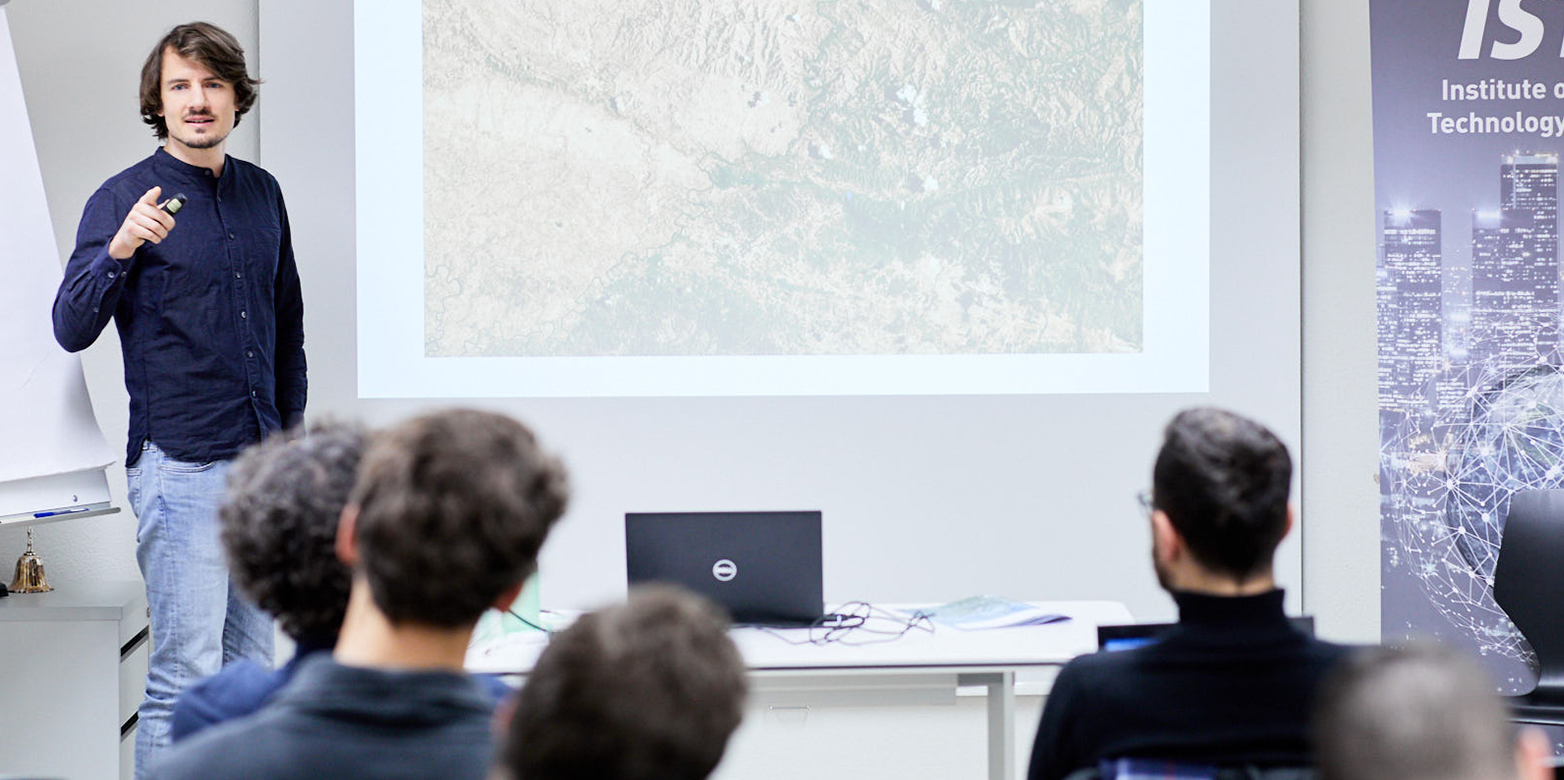Foreign aid and subnational variation in state capacity: Evidence from Colombia
We would like to warmly thank Dr. Sebastian Ziaja, researcher in the programme "Transformation of Political (Dis-) Order" at the German Development Institute / Deutsches Institut für Entwicklungshilfe (DIE), for his visit to the ISTP and his talk about the effects of foreign aid on state capacities on the subnational level.
by Andreas Eckmann

Does aid allocation affect subnational variation in state capacity, defined as the capability of the government to implement policies? This research question includes the two main aspects of Dr. Ziaja’s work. To answer it, he focuses on developing new measures of state capacity that can capture subnational variation. By combining these measures with geolocated aid data provides new insights on the link between foreign aid and state capacity.
Although previous research has examined these mechanisms, focus had been primarily given to state capacity and aid at the national level, ignoring significant subnational variation in state capacity and the allocation of the local context. Using Principle Component Analysis, Dr. Ziaja constructs measures of state capacity for each of the 33 departments (including Bogotá) in Colombia from 2005-2016. Combined with geolocated data on foreign aid, Dr. Ziaja examines the relationship between aid and sate capacity at the subnational level. The results from the empirical analysis reveal consistently negative effects for the lagged dependent variable (LDV) model in the fields of education, environment, government, health, peace, and social aid. However, this research is still in its infancy and the presented results are a first draft. Further steps include both expanding the scope across countries and increasing its level of local detail within countries.
The ISTP would like to thank Dr. Ziaja for giving such an interesting insight into the complex topic of foreign aid and measuring state capacity at such an early stage. We are looking forward to the future outcome on this subject and we hope to welcome him again at ETH Zurich in the near future!
For more information and the full report, please visit our Reports page.